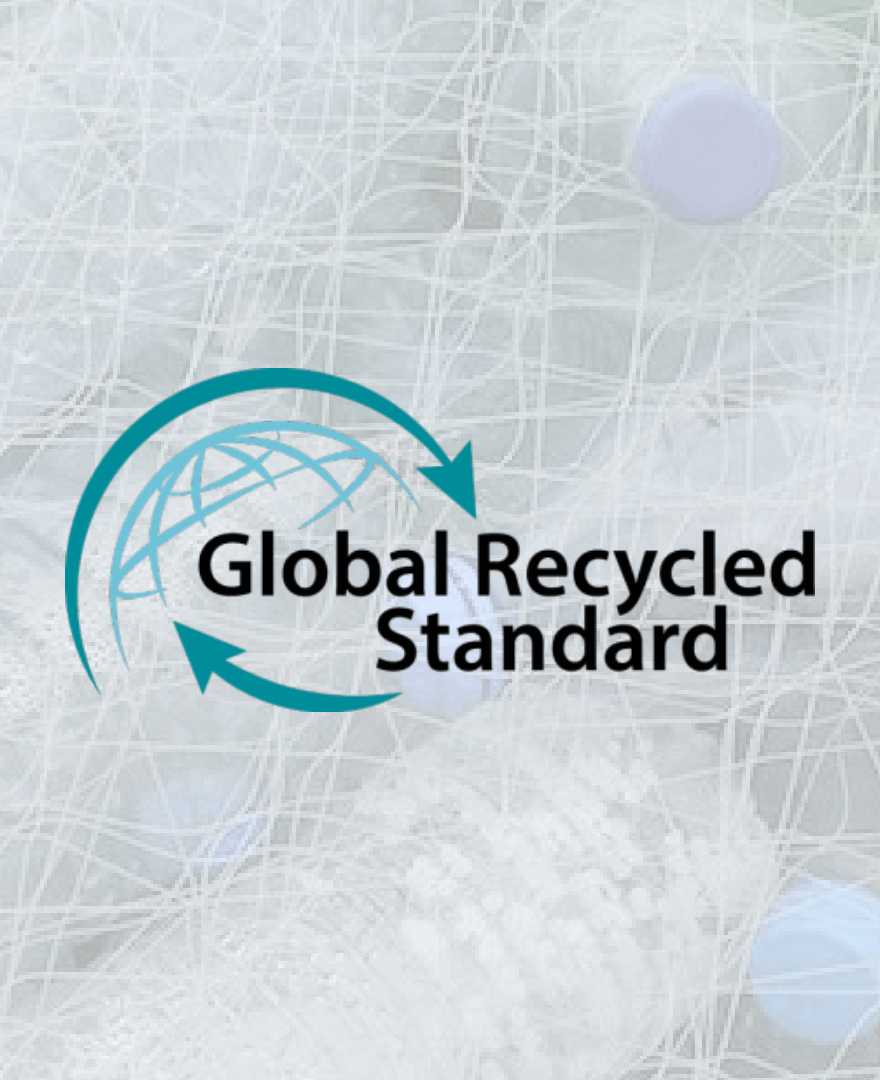Sustainable evolution
Health, safety, environment
The commitment to think and act in a sustainable way is at the heart of Lei Tsu’s organizational culture with particular attention to the control of chemicals and the environment.
We combine efficiency and sustainability with responsible choices: Lei Tsu does not use chemicals, but only vegetable oils soluble in cold water.
And finally, we ensure that all our suppliers follow our strict Code of Conduct.

We prioritize the principles of responsibility and sustainability towards the environment, society, our customers and our staff.
Sources and traceability
Raw materials
Our raw material is the single yarn: manufacturing it with different techniques and machines or by combining more yarns with specific processes, we obtain the product we have designed.
We only work with artificial fibers (Acetate – Viscose – Cupro) and synthetic fibers (Nylon / Polyamide – Polyester).
The Global Recycle Standard (GRS) Certification recognizes the importance of recycling for the growth of a sustainable production and consumption model; it favours the reduction of resource consumption (water and energy) and promotes the quality of recycled products.
The GRS standard provides the issue of a certified environmental declaration that proves:
- The raw material is from renewable sources, such as cellulose, or recycled for example in the synthetic derived from bottles and which is not contaminated during the various processes;
- Compliance with environmental and social criteria of the production chain.

GRS criteria
GRS criteria
- Composition of the product and content of recycled materials.
- Maintaining traceability throughout the entire production process.
- Restrictions on the use of chemicals.
- Compliance with relevant environmental criteria.
- Respect for social criteria relating to workers’ rights.
In our company we are committed every day to make the sustainability of our production more and more shared and concrete
Lei Tsu
Recycled polyester
A functional and useful alternative for our plastic waste: yarns and fabrics produced with recycled waste have the potential to have a real impact on the global environment: just consider the reduction of landfills, the preserved energy of the production of traditional synthetic materials and the resources used to produce natural ones.


